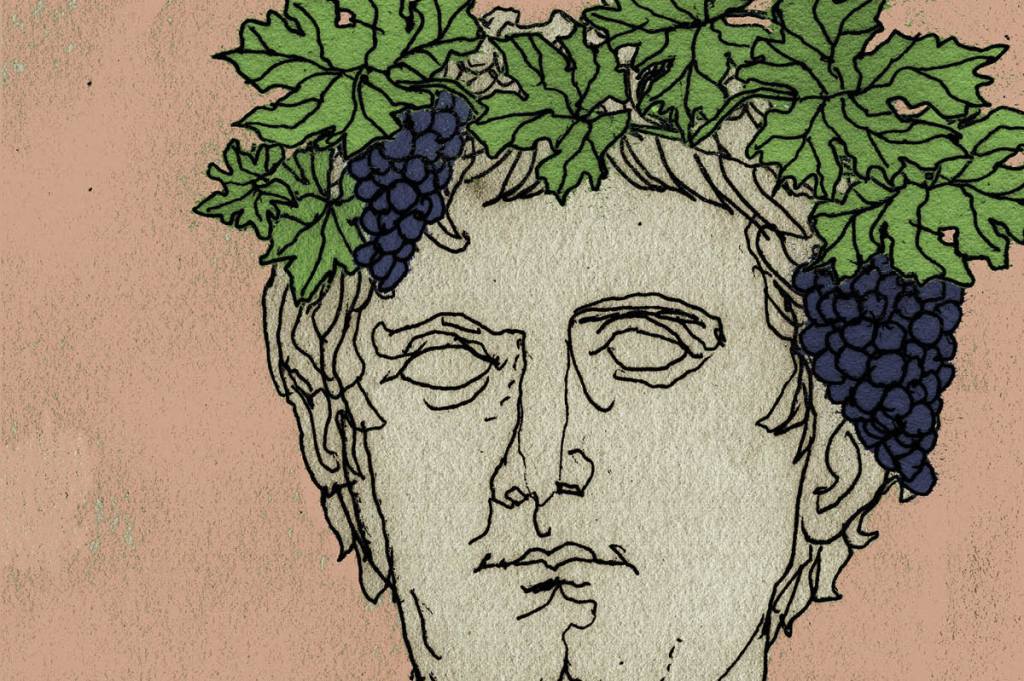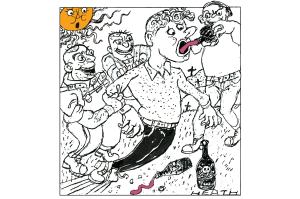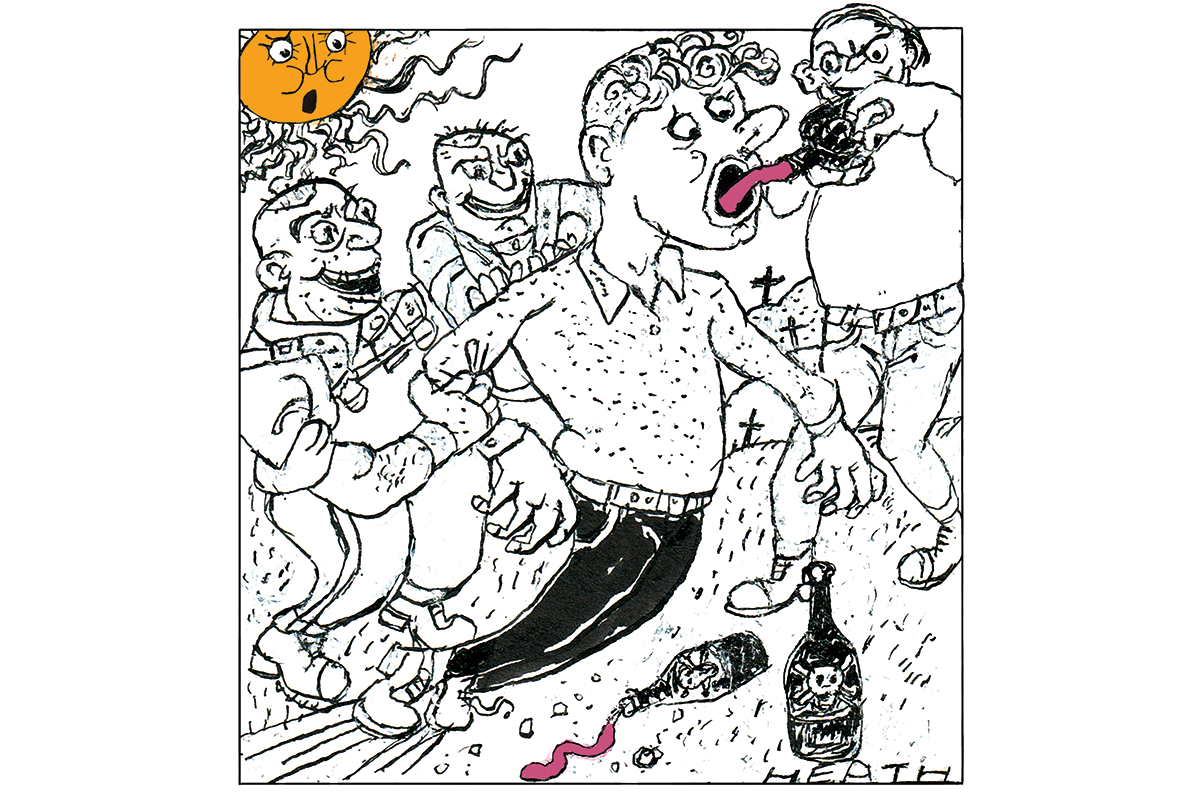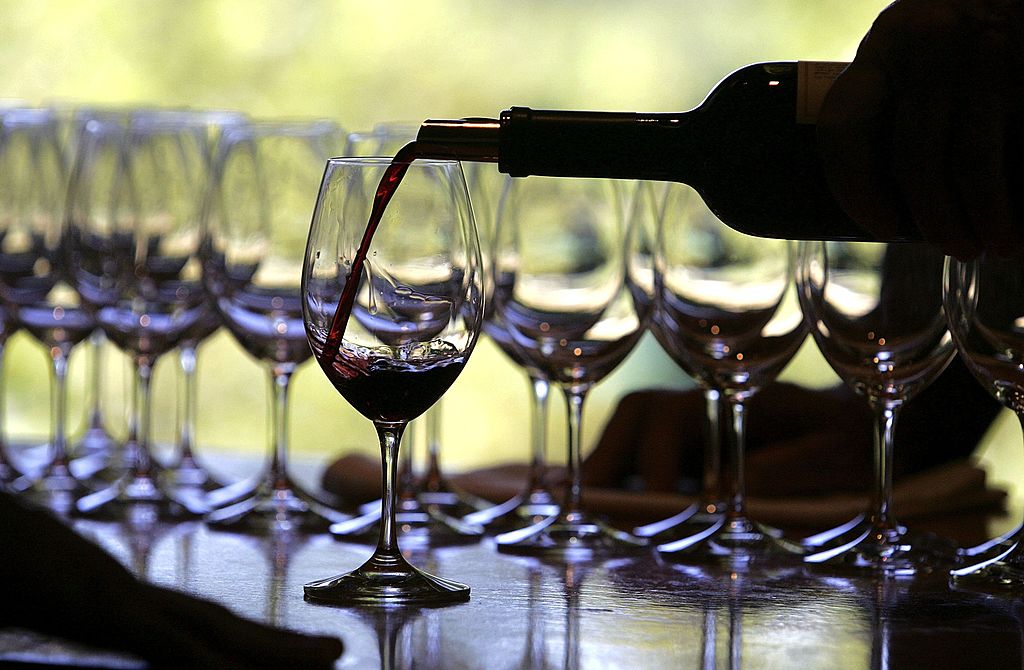So, I’ve have been rooting around in Horace’s Epistles, which are full of amusing things. They really are not “epistles” in the conventional sense, since they were make-believe letters, artfully wrought jebux d’esprit that employ the convention of addressing a friend in order to entertain not (or not only) that friend (who may or may not exist) but one’s readers.
Horace wrote two books of Epistles, one circa 21 BC when he was in his early forties, one a decade later, a few years before his death in 8 BC at the (it seems now) tender age of fifty-six. One that caught my eye when sitting down to write this column was Epistle 1.5, which addresses a lawyer called “Tortquatus,” about whom, so far as I could discover, nothing is known other than that he also figures in Horace’s Ode 4.7 and seems to have been a friend of the poet’s.
The letter is in the form of a dinner invitation of a sort that many of us have probably issued: Torquatus seems to be a successful lawyer, doubtless more prosperous than his poet friend. So the invitation begins in a mildly self-deprecating manner.
Si potes Archiacis conviva recumbere lectis / nec modica cenare times holus omne patella, / supremo te sole domi, Torquate, manebo.
“If you can be my guest, reclining on cheap couches, and are not afraid of a wholly vegetarian meal off modest tableware, I shall expect you at my house at sunset, Torquatus.”
Vina bibes iterum Tauro diffusa . . . si melius quid habes, arcesse, vel imperium fer.
“You will drink wine decanted in the second consulship of Taurus: if you have better, send it, or give the order that it be brought.”
We’ve all been there: having on hand only something modest when a decorous friend, along with a few of his friends, is coming to dinner. What to do? As Horace says, apprise him frankly of what to expect and drop a hopeful hint to the effect that something more delectable would not come amiss.
Something of the sort recently happened chez nous. We had a couple of tasty but modest wines, a red and a rosé, from Silice Viticultores, a small (“small-to-tiny,” says their literature) producer in the Ribeira Sacra in northwestern Spain, just north of Portugal. Both feature the Mencía grape, which makes medium-bodied wine that is fresh, floral, fragrant and fastidiously fruity.
If you like Gamay (and who doesn’t?), you will like this slightly tauter varietal. It is, as one commentator noted, “a great food wine (or better yet, while you’re making food).” In terms of weight, Mencía floats somewhere between Pinot Noir and Petite Syrah. Both these wines from the newish family producer of Silice are in fact friendly with or without food. They are reliable rather than fancy, but at about $30 for the red and $35 for the rosé, they are bargains.
We mentioned this to our guest. He did not disappoint. We enjoyed the Spanish wines before dinner but then went on to his offerings: a 2020 Saint-Aubin Premier Cru “Hommage à ‘Marguerite’” from Pierre-Yves Colin-Morey, a tony producer headquartered in Chassagne-Montrachet. Pierre-Yves and his wife Caroline Morey, both from storied Burgundy families, have emerged as important producers in what is probably the best white wine region in the world. This Saint-Aubin, from a property very close to Puligny-Montrachet, is a delight. At about $125 a bottle, it is not cheap, but when you compare it to some of Colin-Morey’s wines from the Montrachets, Corton-Charlemagne, and elsewhere in that almost mythical purlieu, you realize that it is a steal.
And there is more. We had mentioned steak, so our benefactor showed up with an intensely interesting 2017 Tuscan wine: “d’Alceo,” a Cabernet blend (85 percent Cabernet, 15 percent Petite Syrah) from Castello dei Rampolla, in one of Italy’s premier grape-growing regions. Robert Parker might have been reviewing a wind machine when he said “the wine opens with inky black hues and unruly intensity. The power of the bouquet is driven by the ripeness of the fruit and perhaps a positive pinch of volatile acidity (just the right amount for emphasis) that adds extra lift and punch to the overall effect. Syrupy blackberry segues to smoky tar and resin.” OK. I think he found it a tad too tannin-y: we thought it delicious, which (as I later discovered) at about $150 a bottle it ought to have been.
Wasn’t that rather a lot of wine for your smallish dinner party? Well, I didn’t tell how many people came but, yes, it was. Which bring me back to Horace and Epistle I:5: Quid non ebrietas dissignat? Operta recludit, / Spes iubet esse ratas, ad proelia trudit inertem, / Sollicitis animis onus eximit, addocet artes. / Fecundi calices quem non fecere disertum?
“What can inebriation not accomplish? It reveals hidden things, it bids hope be fulfilled, it pushes the reticent into battle, it lifts cares from the spirit, it inculcates new arts. Whom does the overflowing chalice not make eloquent?”
This article is taken from The Spectator’s June 2023 World edition.

























